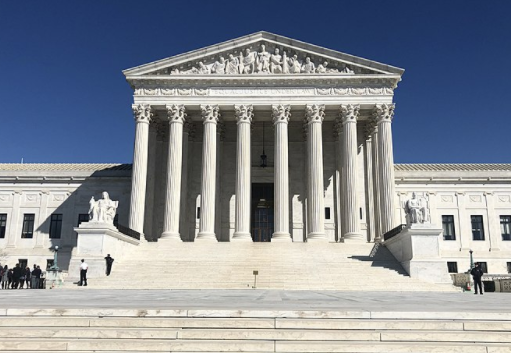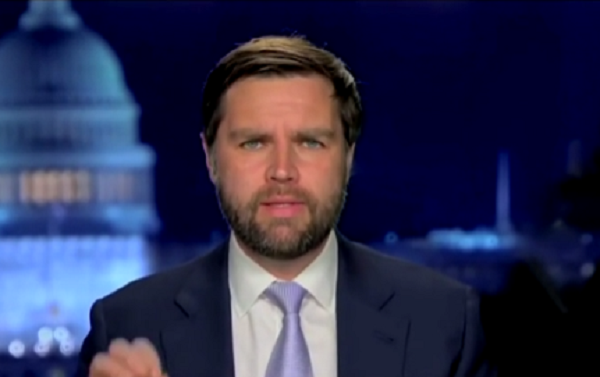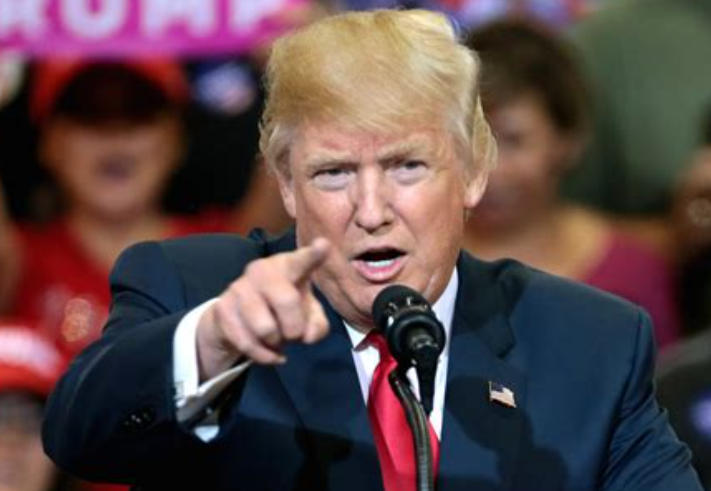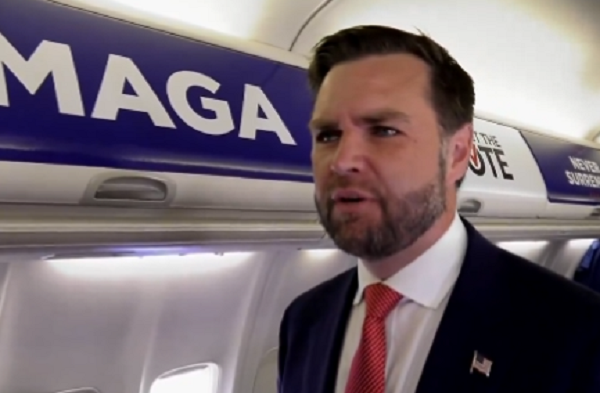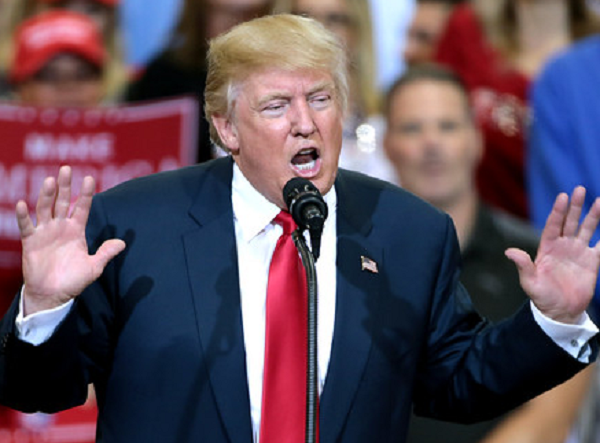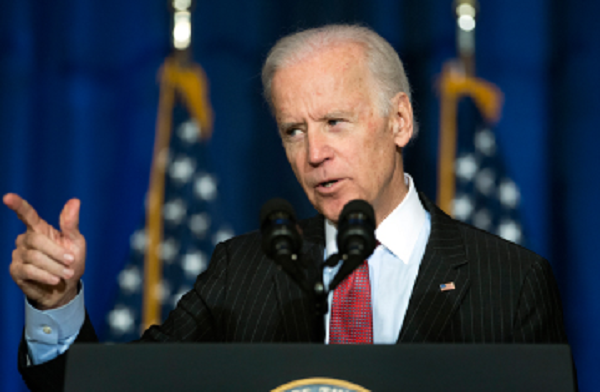The Chevron deference doctrine is currently under consideration by the Supreme Court, marking a potential turning point in its legal significance. This case has the potential to reshape the authority of unelected federal agency officials in interpreting ambiguous laws.
Conservatives have expressed concerns over this doctrine, viewing it as an obstacle. Critics argue that the doctrine grants excessive power to the “deep state” in influencing the operations of the federal government.
Essentially, agency officials employ this doctrine to gain the ability to modify laws through reinterpretation. Republicans claim that the majority of these long-serving officials are affiliated with the liberal Democratic party.
David Doniger, a lawyer who helped create the original doctrine said:
“Initially this doctrine was embraced by judges and scholars of all stripes as a neutral principle for how you sort things out when Congress leaves some of the questions unanswered.”
However, as time progressed, the doctrine gradually bestowed the authority to create laws upon unelected bureaucrats, and more often than not, it leaned towards a distinctly liberal course. Jonathan Adler, a law professor at Case Western Reserve University, extensively discussed this doctrine for the conservative think tank, the Cato Institute.
“It has made it too easy for agencies to revise regulatory requirements and too difficult for courts to police the boundaries of agency authority,” Adler wrote.
Conservatives on the court have previously expressed their views on the doctrine, most recently in 2022.
In that instance, Justice Neil Gorsuch, along with Justices Brett Kavanaugh, Clarence Thomas, and Samuel Alito, voiced their dissent by stating that “the entire project deserves a prominent and unmistakable tombstone.”
The current case involves herring fishermen from Maine who have raised objections to the Environmental Protection Agency (EPA) requiring them to bear the cost of government observers to ensure they are not overfishing the area. Under the Chevron doctrine, the EPA has the authority to determine how these observers should be compensated. However, the bureaucrats at the EPA decided that the fishermen should shoulder the financial burden.
Prominent conservatives, including billionaire Charles Koch, are funding this particular case. The primary objective of this case is to present a challenge to the doctrine before the highest court in the nation. If the doctrine is invalidated, it could have a significant impact on the federal government, similar to the landmark Roe v. Wade decision.
This could potentially lead to confusion and disorder as courts grapple with determining who should interpret laws in cases where they are ambiguous. Should the case rule against the doctrine, it would significantly weaken the power of America’s unelected bureaucracy. Consequently, it may relieve President Donald Trump from fulfilling his promise to dismantle the deep state.

